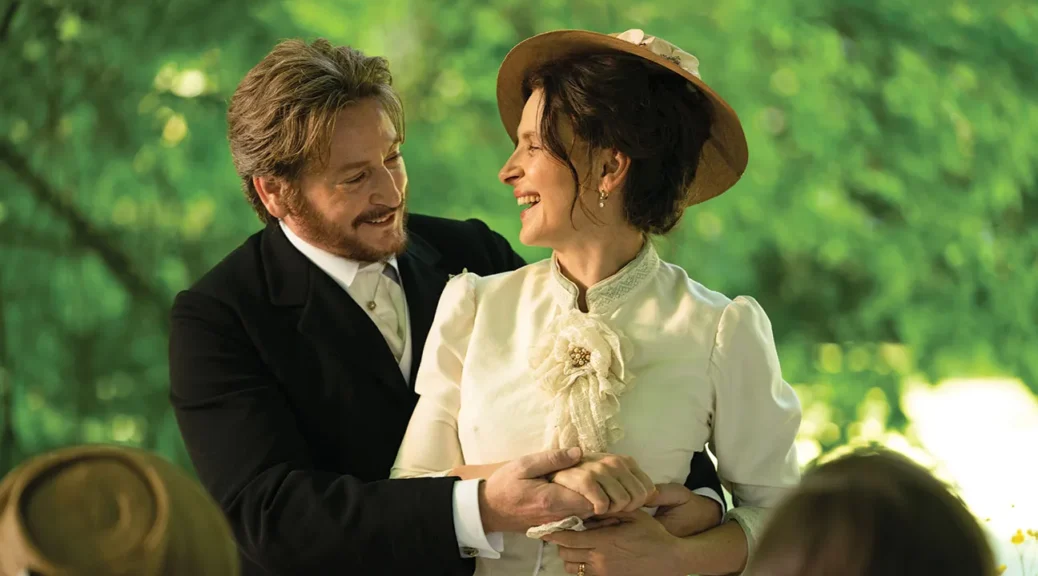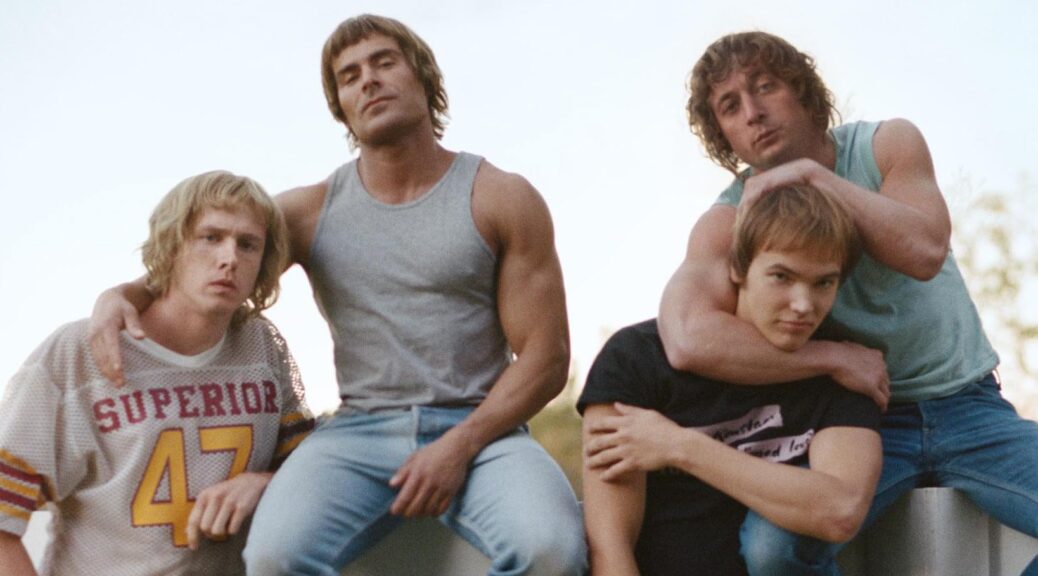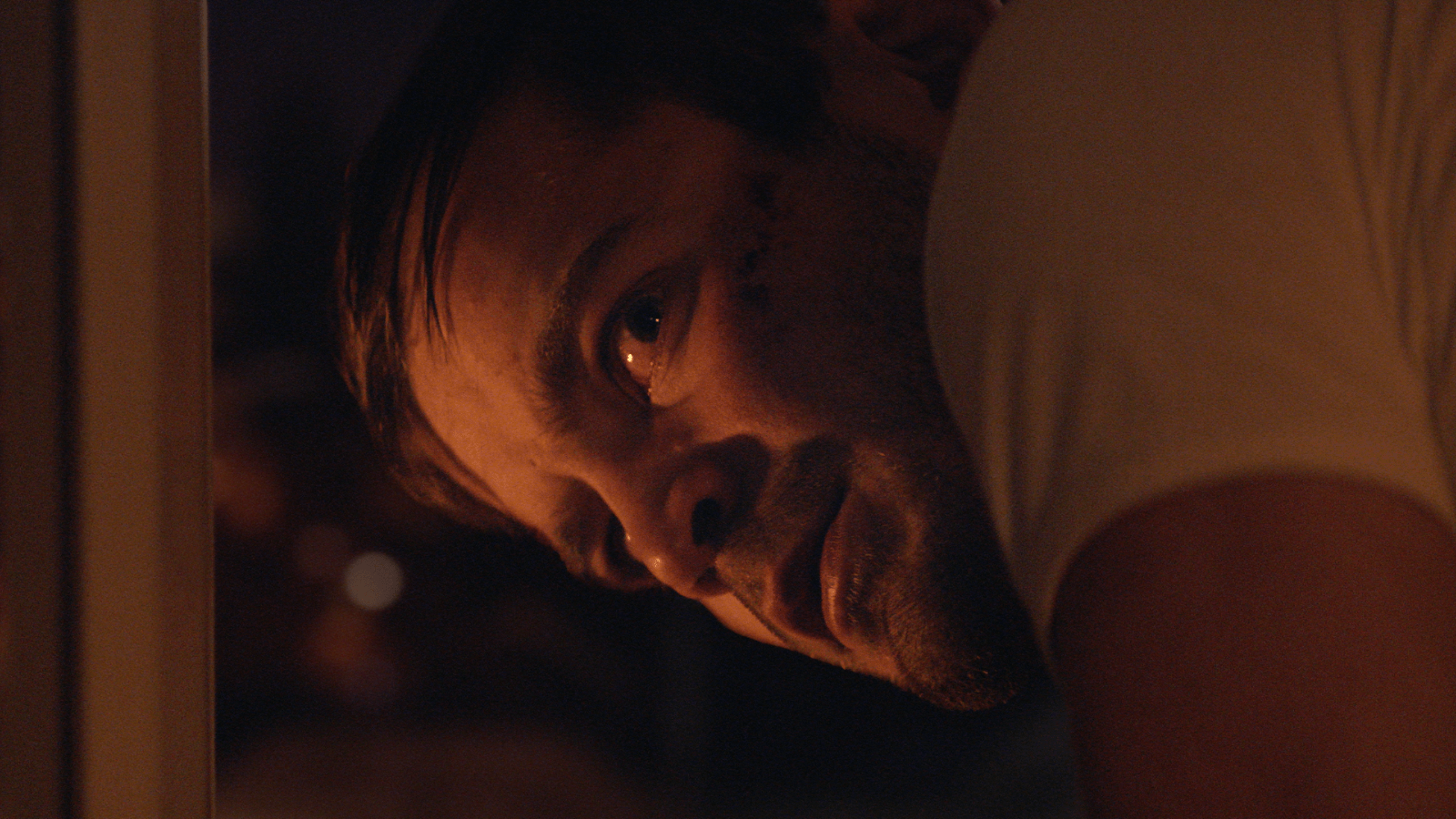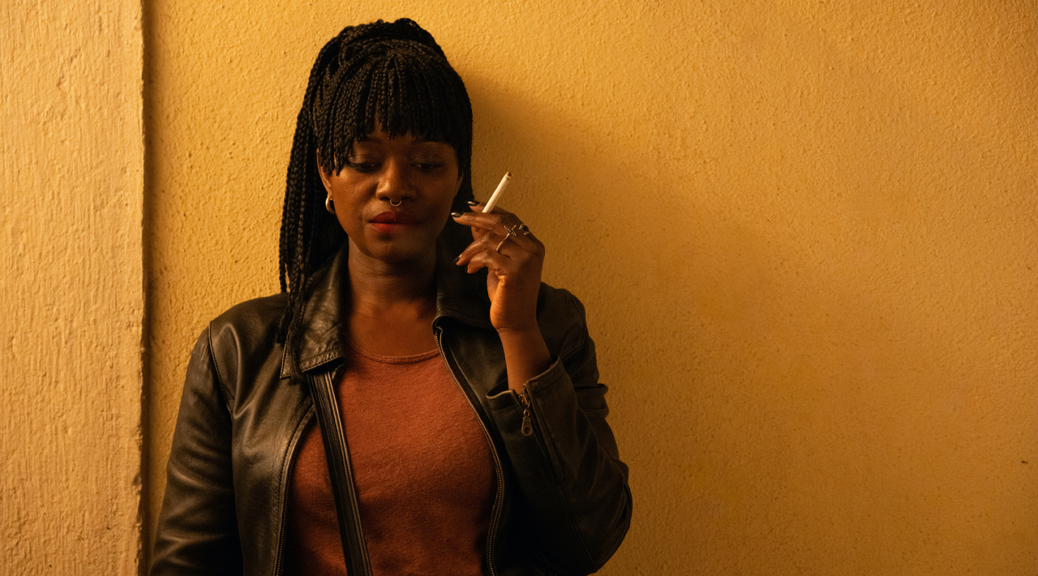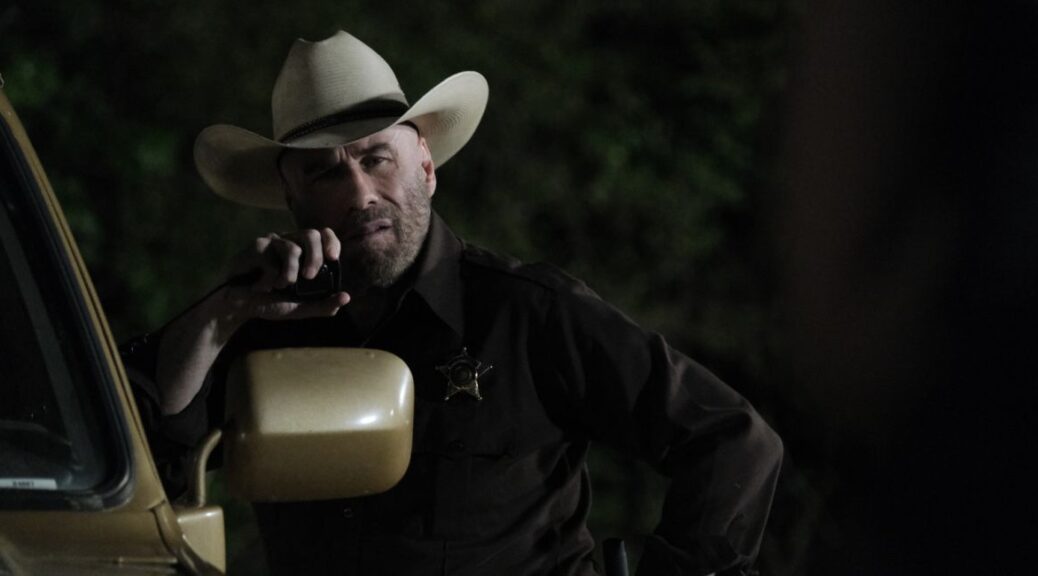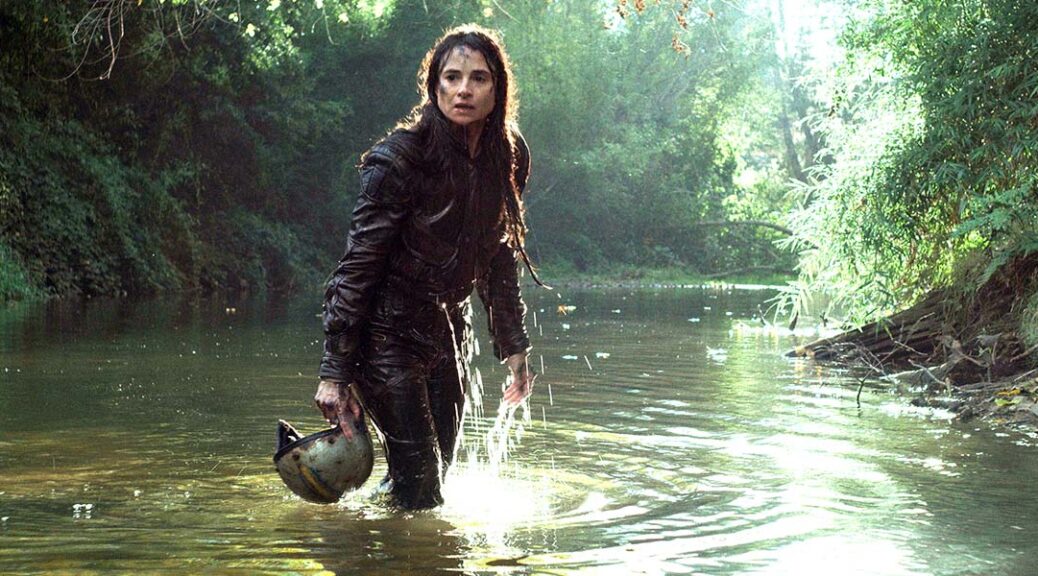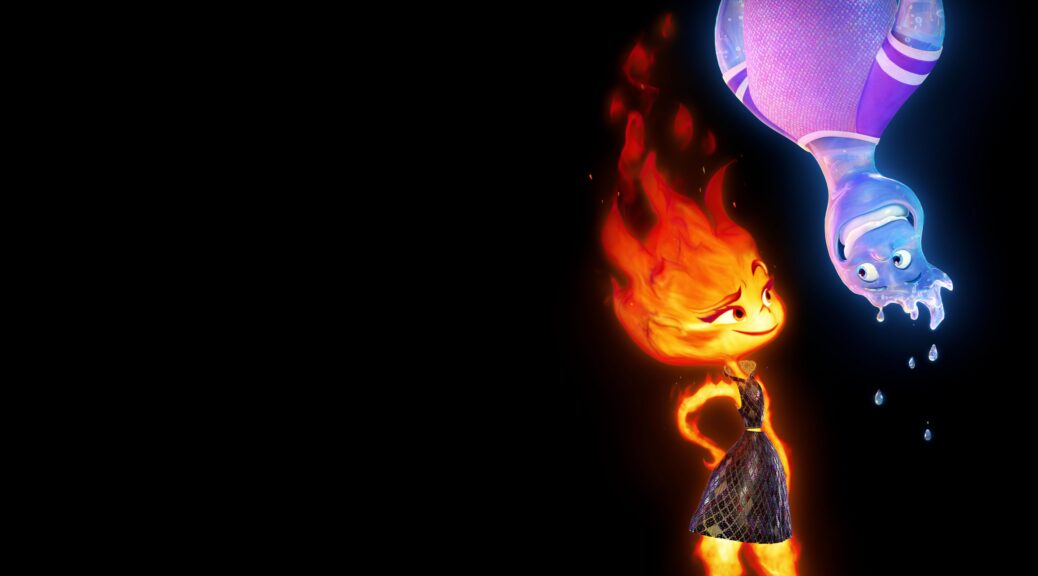The Taste of Things
by Matt Weiner
You know you’re in for a hell of a meal when the appetizer is a 15-minute cold opening that lingers on every small detail of cooking a feast to a degree that borders on pornographic.
This scene from writer and director Anh Hung Tran sets the mood—and pace—of the rest of his latest feature, The Taste of Things.
Eugénie (Juliette Binoche) prepares these elaborate meals for Dodin (Benoît Magimel), a famed gourmand and restaurateur who has relied on Eugénie’s unique blend of skill and intuition to bring his culinary visions to life.
The bright, airy kitchen where these feasts are prepared might as well be one of the film’s co-leads. Binoche is spellbinding as Eugénie, who must be played as equal parts enchanting muse and aloof lover to Dodin. It’s a delicate balance, especially in a film with Tran’s subtle direction where the emotional connection between the pair comes out as much in the physical acts of cooking food as in the dialogue.
The two seem to have forged an idyllic life together that caters to their passions. Their kitchen is an insular one—debates over French culinary giants like Caréme and Escoffier are as political as Dodin gets, even as outside the kitchen modernism is poised to upend European society and tradition.
But within this narrow setting, Tran’s light touch and genial script centers the story on Eugénie and Dodin’s love and respect for one another, and how the two intersect personally and professionally. Dodin is determined to get Eugénie to marry him, formalizing the intimacy they already share.
A drawn-out challenge to turn a paramour into a wife may sound like a lucky problem to have. But in The Taste of Things, such stakes are life and death. And why shouldn’t they be? Dodin and Eugénie’s mutual affection for one another isn’t just around cooking, but in the vanishing conviction that craft elevated to art is in itself a monumental—and rare—achievement.
